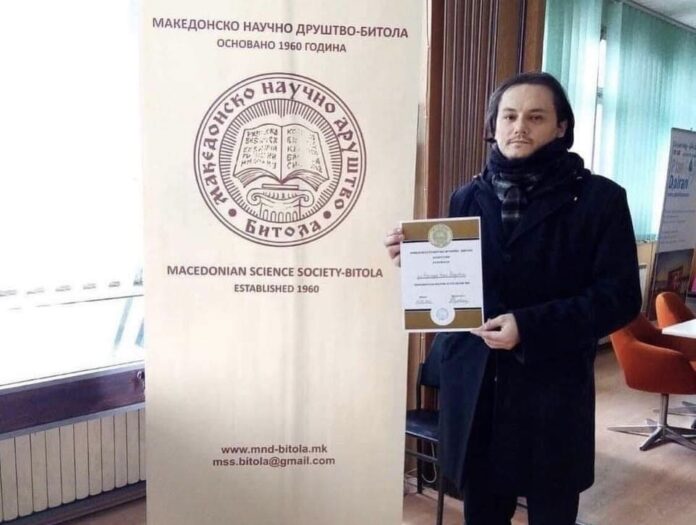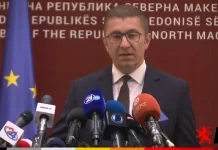Aleksandar Saša Trajkovski, a Macedonian poet and translator, has linked tradition and innovation to his fictitious works. His contributions to literature portray his deep respect for his cultural heritage and desire to go the extra mile and uncover new forms.
Trajkovski’s role as a cultural ambassador through his writing works and translations is the core of his career. Fluent in multiple languages, he has used his skills to translate Romanian literature into Macedonian and vice versa, opening up channels for cultural exchange and mutual understanding. These translations are not mere linguistic exercises but are imbued with the sensitivity and insight that characterize his own poetic works.
His bilingual expertise has enabled him to act as a bridge between the literary traditions of Eastern Europe, particularly between the Romanian and Macedonian cultures. Through his translations, Trajkovski has introduced Macedonian readers to Romanian literary gems, and similarly, Romanian audiences have gained access to Macedonian poetry and prose, enriching the literary grounds of both countries.
 His translations are not confined to mere linguistic conversion; they involve a deep engagement with the text, including the essence and spirit of the original work, while making it accessible to a new audience. This incredible attention to detail ensures that the translated works retain their original beauty and impact, enriching each language’s literary grounds.
His translations are not confined to mere linguistic conversion; they involve a deep engagement with the text, including the essence and spirit of the original work, while making it accessible to a new audience. This incredible attention to detail ensures that the translated works retain their original beauty and impact, enriching each language’s literary grounds.
Trajkovski’s writing journey is full of continuous style and subject matter evolution. His early works, characterized by their lyrical simplicity and depth, have gradually given way to more complex explorations of form and content. Notable collections such as “Lyrical Elegies” and “Poems from the Balkans” showcase his initial focus on introspective themes and traditional forms.
However, his more recent work, including “Balkan Haiku—Harakiri,” demonstrates a bold experimentation with form, blending the succinct, nature-focused Japanese haiku with the turbulent history and vibrant imagery of the Balkans. This innovative approach showcases his skillful adaptation of a foreign form and reflects his ongoing exploration of the intersections between different literary traditions and the contemporary global context.
Trajkovski’s influence extends beyond his written works into his active participation in the writing community, particularly through literary festivals and associations. He is a prominent figure at the Struga Poetry Evenings, one of Europe’s most significant poetry events, where he not only presents his work but also engages with other international poets, translators, and critics. These interactions are fertile ground for collaborative projects and further his influence in the global literary space.
In addition to participating in festivals, Trajkovski is affiliated with several literary societies and clubs, where he contributes to the promotion of literature, mentors young writers, and participates in discussions that shape the future of literary culture in Macedonia.
Aleksandar’s poetry career is a clear picture of blending innovation with tradition. His work as a poet and translator has significantly contributed to the cultural dialogue between Eastern European countries, while his literary style continues to evolve, reflecting both his deep respect for traditional forms and innovative approaches. Through his active participation in literary festivals and associations, Trajkovski shares his work with a broader audience and plays a major role in shaping the poetry field.
As Trajkovski continues to write, translate, and engage with the literary community, his contributions are sure to enrich not only Macedonian literature but also the broader discourse of Eastern European cultural heritage. His career is an inspiring example of how literature can cover up cultural gaps, challenge conventional forms, and celebrate the diversity and commonality of human experience.



